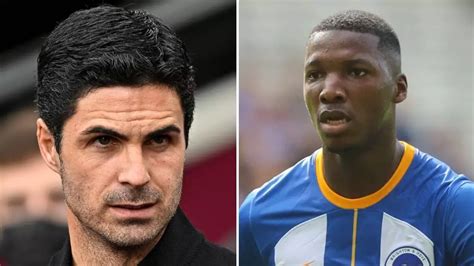
The world of professional football is a demanding and often unforgiving one. Players are required to maintain peak physical and mental fitness, as well as navigate the intense pressure of competition. In such an environment, it is essential for players to have a strong support system. For many, this support comes from their significant others.
Significant others can provide emotional, practical, and logistical support to players, helping them to cope with the challenges of their profession. They can offer a listening ear, a shoulder to cry on, and a source of encouragement. They can also help with practical tasks, such as managing finances, scheduling appointments, and running errands. In addition, they can provide logistical support, such as traveling to matches and providing assistance with childcare.
Relationships in Soccer: A Dynamic Aspect of the Game
In the realm of professional soccer, personal connections and interpersonal dynamics play a significant role in shaping team performance, player development, and overall team morale. These relationships can range from mentorship and camaraderie among teammates to romantic partnerships and family bonds that extend beyond the field.
Footballer’s Life and Family Support
The life of a professional footballer is demanding, both physically and emotionally. The intense training, competitive matches, and constant travel can take a toll on their well-being. In addition, footballers often face intense scrutiny from the media and the public, which can add to the pressure they experience.
Strong family support is crucial for footballers to navigate these challenges. Family members can provide emotional encouragement, practical assistance, and a sense of stability in their lives. They can help footballers stay grounded, manage stress, and make important decisions both on and off the pitch.
Loyalty and Respect in the Team Environment
Within the competitive realm of team sports, fostering a culture that emphasizes loyalty and respect amongst teammates is paramount. This ethos creates a solid foundation for collective success by uniting individuals towards a shared goal.
Loyalty manifests in unwavering support for one’s teammates both on and off the field. It entails having faith in their abilities and standing up for them in adversity. By being loyal, team members demonstrate trust and commitment, strengthening the bonds that hold the group together.
Equally crucial is respect, which involves valuing the contributions and individuality of each team member. This includes acknowledging their strengths, listening to their ideas, and treating them with dignity. Respectful interactions foster a positive and inclusive environment where all feel valued and motivated.
When loyalty and respect are intertwined, it creates a team where players hold themselves and each other accountable, strive for collective growth, and celebrate each other’s successes. In such an environment, team cohesion flourishes, leading to enhanced performance and enduring camaraderie.
Community Impact and Social Responsibility
Beyond athletic achievements on the pitch, players like Luis have utilized their platforms to make a meaningful impact on communities and society. They recognize the power they hold as role models and leverage it to promote positive change and inspire others.
Video:
Moises Caicedo – Chelsea’s Unsung Hero
[REVIEWS_ENABLED]






